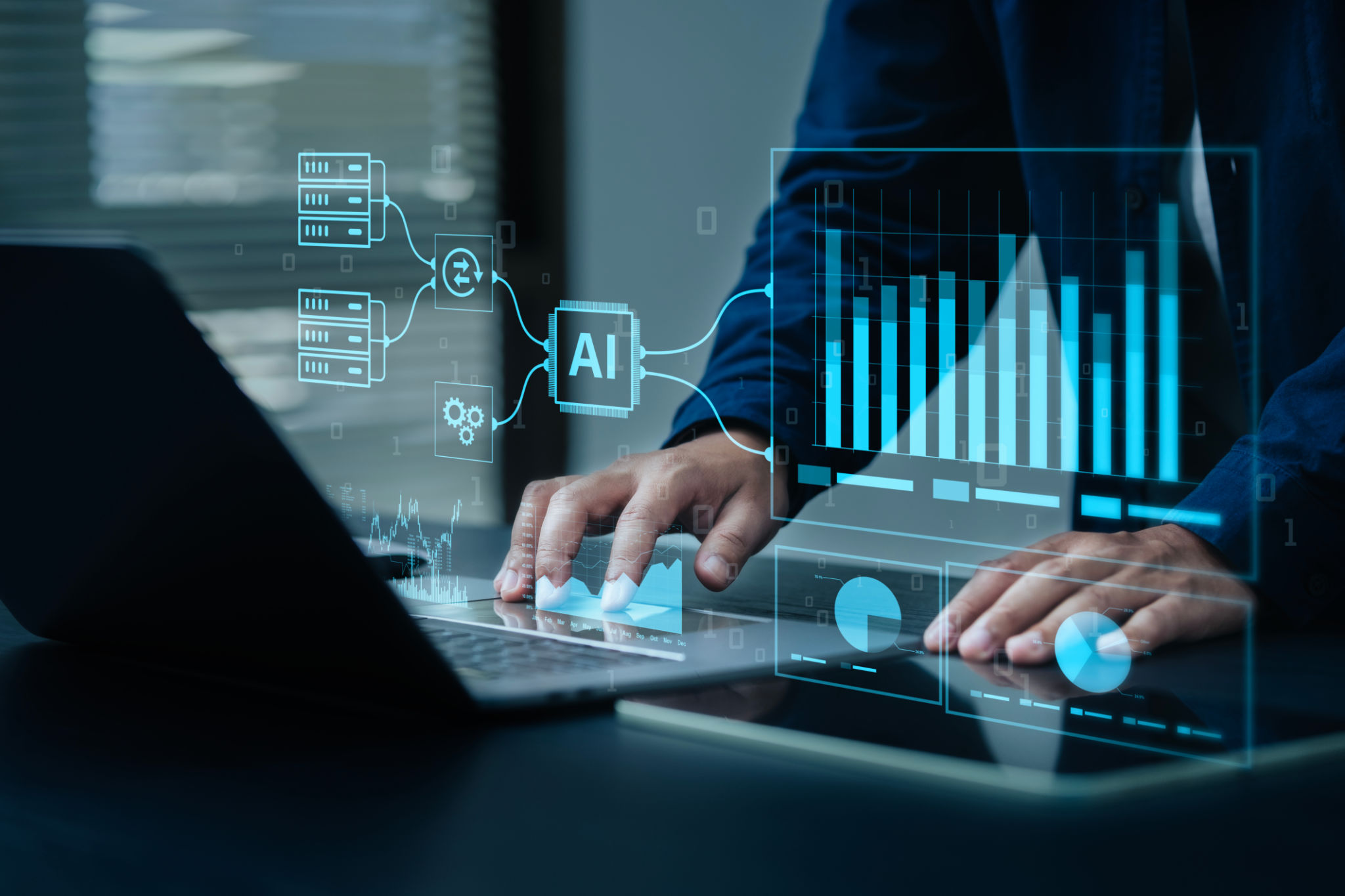Implementing Artificial Intelligence in Hangzhou's Future Factories
The Rise of AI in Hangzhou's Manufacturing Industry
As one of China's most innovative cities, Hangzhou is at the forefront of technological advancements. The integration of Artificial Intelligence (AI) in its manufacturing sector marks a significant evolution in how goods are produced. AI is transforming traditional factories into smart factories, optimizing processes, enhancing productivity, and reducing operational costs.
The shift towards AI-driven manufacturing isn't just a trend; it's a necessity for staying competitive in the global market. In Hangzhou, this transformation is being embraced with open arms, paving the way for a new era of efficiency and innovation.

Benefits of AI in Manufacturing
AI offers numerous advantages that are reshaping the landscape of manufacturing in Hangzhou. Here are some key benefits:
- Increased Efficiency: AI systems can process data faster and more accurately than human operators, leading to quicker decision-making and streamlined operations.
- Predictive Maintenance: By analyzing data from machines, AI can predict when equipment is likely to fail, allowing for proactive maintenance and minimizing downtime.
- Quality Control: AI enhances quality assurance by identifying defects that are imperceptible to the human eye, ensuring higher standards of production.
The implementation of AI is also helping factories reduce waste and energy consumption, aligning with eco-friendly practices that are increasingly important in today's world.

Challenges in Implementing AI
Despite the promising benefits, integrating AI into Hangzhou's factories does come with its set of challenges. One significant hurdle is the need for skilled personnel who can manage and maintain advanced AI systems. This requires investing in training programs to build a workforce that is adept at handling new technologies.
Additionally, the initial cost of implementing AI technology can be high. However, many factories view this as a worthwhile investment due to the long-term savings and increased competitiveness it provides.
Success Stories from Hangzhou
Several factories in Hangzhou have already successfully incorporated AI into their operations. For instance, a leading electronics manufacturer has implemented an AI-driven system that optimizes its supply chain. This has resulted in a 20% reduction in lead time and a significant boost in customer satisfaction.
Another example is a textile factory that utilizes AI for predictive maintenance. By employing sensors and machine learning algorithms, the factory has reduced machine downtime by 30%, considerably improving its overall productivity.

The Future of AI in Hangzhou's Factories
As more factories in Hangzhou adopt AI, the city is poised to become a leader in smart manufacturing. The continuous advancements in AI technology will bring about even more sophisticated systems capable of handling complex tasks with minimal human intervention.
Looking ahead, we can expect to see an increase in collaborations between tech companies and manufacturers to develop customized AI solutions that address specific industry needs. These partnerships will be crucial in driving innovation and maintaining Hangzhou's position as a hub for technological prowess.
The journey towards fully automated factories in Hangzhou demonstrates the transformative power of AI. As this journey unfolds, it will undoubtedly inspire other regions to follow suit, ultimately reshaping the global manufacturing landscape.